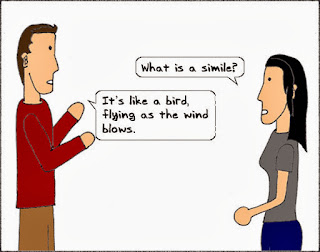The Book Thief: Book Two and Three,
 The Thief Strikes
The Thief Strikes
More Books for the Thief
Liesel stole the book The Shoulder Shrug from a German book burning of books that had ideas, characters, or themes that Hitler didn't agree with. The thief stole a book from a pile of books that had ideas that Hitler didn't support giving her the power to rise over Nazi propaganda.
Hans Huberman also got Liesel two books for Christmas, the proud papa gave his daughter the books from a trade with a gypsy for some of Hans' prized hand rolled cigarettes. The two books didn't have not approved of messages like The Shoulder Shrug, but they were still books and Liesel loved to read.
Letters to Mama
In a project for school Liesel must write a letter, she then decides to make a letter to her birth mother. Liesel then takes money from her house cleaning jobs to pay the postage. Sadly, she will never be written back to because mama is in a
concentration camp, in Nazi Germany and possibly dead.
The Horrid Celebration
The day is April 20, the wicked ones birthday, Germans celebrate in the streets of Molching. Citizens say their Heil Hitlers and support the Nazi cause or at least pretend to. Some people including Hans Huberman only go because if they didn't they might be off to a living cementery, just like Liesel's mother. This is where Liesel stole the book. Her father found out about the incident, Hans was fine with the thievery as loong as she would stop, because he didn't want his daughter in danger.
The Mayor's Library
Liesel has a house cleaning job at the mayor of Molching's house, while there the thief takes a book from their house on the floor, but the mayor's wife saw Liesel. The woman let Liesel go and actually read books from the mayor's libary, the wife was just waiting for a time to strike.
 The Real Struggle
The Real Struggle
Max Vandenburg was a Jew hiding in a small dark room from Hitler, with very little food. Hans Huberman finds the man, Max pleads for help, and Hans helps. Hans gets a copy of Mein Kampf My Struggle by Adolf Hilter, for Max Vandenburg, they use this to make the look like a Nazi, that way he can get on a train to Molching. At Molching Hans can help Max everyday.









